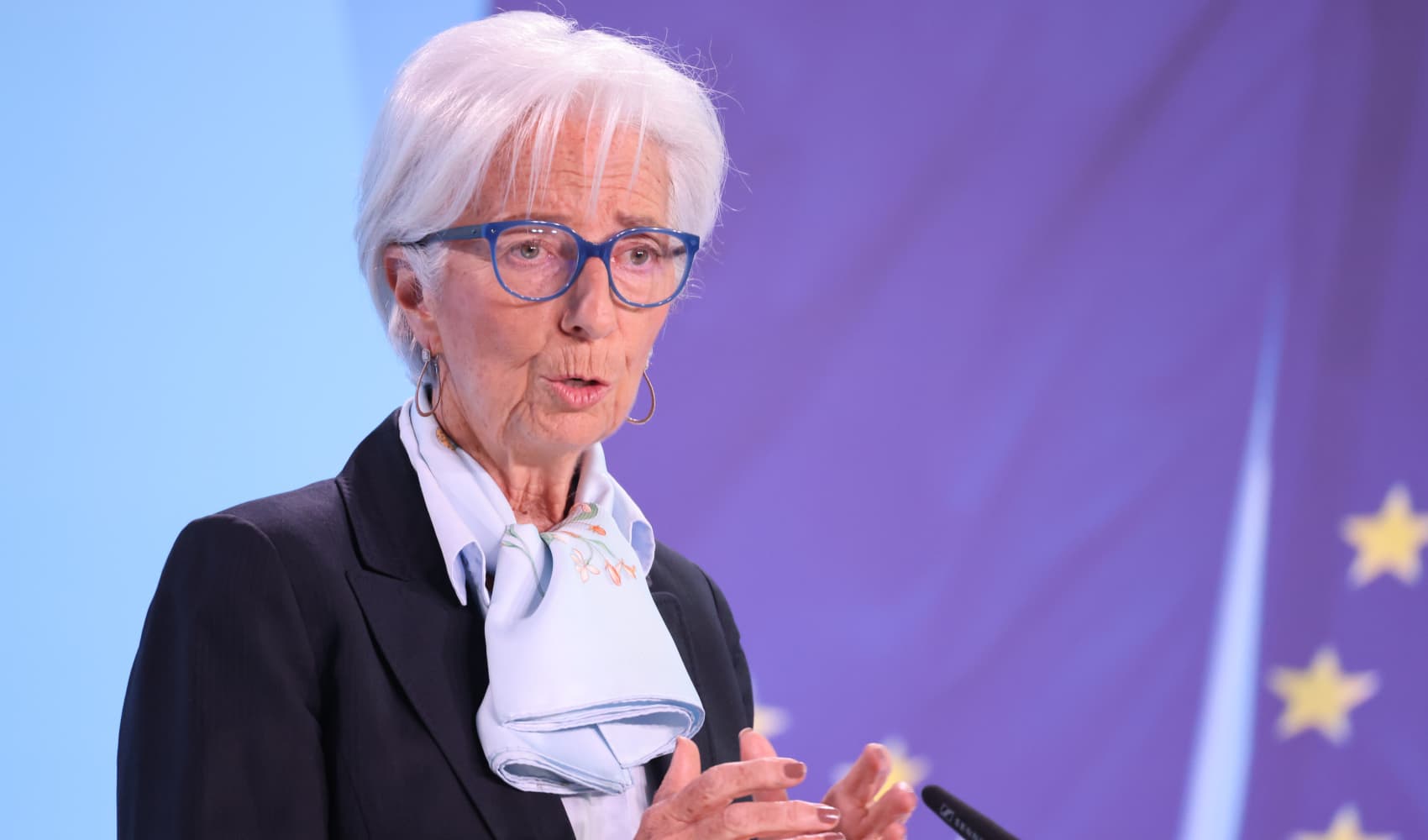
- In a recent interview with CNBC Sustainable Future, the founder of not for profit charity CDP reflected on the sometimes fraught nature of the debate surrounding our planet and its future.
- "The truth is we're now realizing that this is about everybody," Paul Dickinson says. "This is not a party political issue."
- Such an argument will chime with those who see climate change as something that needs to be taken seriously.
It's been called a "global emergency that goes beyond national borders" and described as "the biggest threat to security that modern humans have ever faced."
Whatever one's views on the matter, discussions about climate change and its effects on the world we live in are here to stay, with academic studies, global summits and extreme weather generating headlines on an almost daily basis.
In a recent interview with CNBC's "Sustainable Future," the founder of the CDP — a not for profit charity formerly known as the Carbon Disclosure Project — reflected on the sometimes fraught nature of the debate surrounding our planet and its future.
Get New England news, weather forecasts and entertainment stories to your inbox. Sign up for NECN newsletters.
Speaking to CNBC's Tania Bryer, Paul Dickinson referenced what he called "a sort of anti-climate change movement that is predicated simply on people believing it's a sort of left-wing plot."
"The truth is we're now realizing that this is about everybody," he said. "This is not a party political issue."
Money Report
Dickinson's argument will chime with those who see climate change as something that needs to be taken seriously, a viewpoint that, it would appear, is shared by many.
According to the U.K.'s Office for National Statistics, for example, in Oct. 2021 three quarters of adults in Britain described themselves as being "either very or somewhat worried about the impact of climate change." By contrast, 19% "were neither worried nor unworried."
In the United States, a 2020 report from the Pew Research Center found that "broad majorities of the public — including more than half of Republicans and overwhelming shares of Democrats — say they would favor a range of initiatives to reduce the impacts of climate change."
While the Pew study pointed to shared concerns, it also provided a snapshot of how differences can sometimes be seen along party lines.
"Much larger shares of Democrats and those who lean toward the Democratic Party than Republicans and Republican leaners say human activity is contributing a great deal to climate change (72% vs. 22%)," it noted.
Making money
The CDP was established in 2000. It says it provides businesses, regions, cities and states with a platform to "report information on their climate, deforestation and water security impacts."
During his interview with CNBC, the CDP's Dickinson also spoke about the role big business could play in tackling climate change and responding to other pressing issues such as Russia's invasion of Ukraine.
"We need to recognize that global corporations have reached such a size and such an importance that … with their leadership on climate change and in their response to Ukraine, they can provide global norms of behavior that will protect public populations," he said.
On how he would advise firms looking to reduce their emissions, Dickinson said they should "do more, do it now, and try and own this."
"Climate change is like the internet," he continued. "It gets bigger every year, it never goes away, and you have to learn to make money from it."
With many companies — not to mention households — beginning to feel the pinch of rising energy bills, Dickinson went on to sketch out a scenario in which a firm's approach to energy use would be crucial.
"Energy is expensive — it's actually getting more expensive," he said. "And as governments respond, there will be increasing taxation and regulation of energy."
"A bit like the cost of cigarettes, let's just imagine that energy is going to get more and more expensive … until it's renewable," he said.
"In that journey, there is only upside for any company that looks at increasing its energy efficiency, reducing the energy in its products and services."
The gains for a business could be "absolutely enormous" he went on to state.
"In every single sector and category, companies, I believe, can win market share and increase margin by focusing on energy efficiency."






